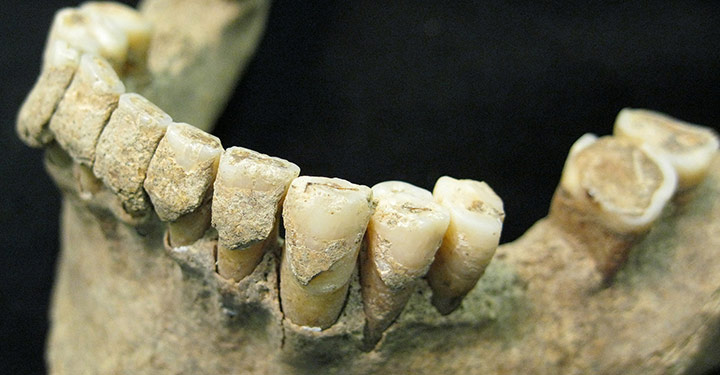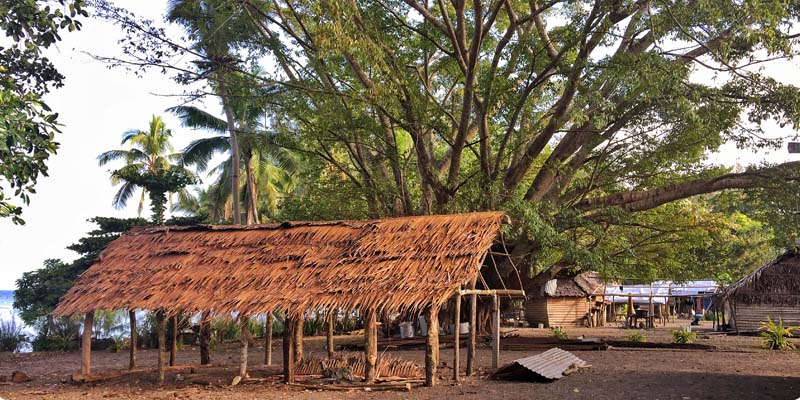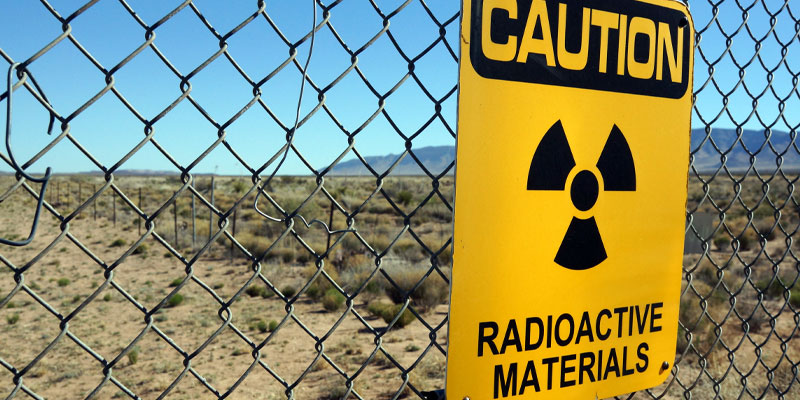Technologies for the future featured research

A research project needed to spot trees on historic ordnance survey maps, so colleagues in computer science found a solution.

We’re using gaming technology to ensure prospective teachers are fully prepared for their careers.

A low cost, high-accuracy device, could play a large part in the NHS's 'virtual wards'.

York scientists are at the centre of an ambitious bid to bring low carbon fusion energy to Yorkshire.

Has the global pandemic changed the future of artificial intelligence (AI)? York researchers investigate whether our vision for AI has changed in a time of crisis.

Dr Fay Bound Alberti discusses whether robots are the answer to tackling loneliness.

There are still fundamental challenges to the safe introduction of fully autonomous cars.

York's novel system improves greenhouse gas emissions data

Researchers work to increase the efficiency of a process to convert sewage sludge into green energy.

Coping with medication side-effects could get easier thanks to our research.

Our research is now used by some of the internet’s biggest names to provide the most realistic 3D audio.

Digital analysis of fish movement could revolutionise our ability to understand, and treat, people with Parkinson’s.

Our computer scientists create trailblazing cranial reconstruction software

Microprocessors are now so powerful that computer circuitry can’t keep up. But that may be about to change

Gel is commonplace in daily life, but there may be more it can do for us

Our research sees monitoring Parkinson’s enter the digital age.

Our biologists work with industry to develop new microscope

Our research is helping communities on a remote tropical island to source clean water

We develop little-known 3D compounds from silver and sand

How to produce six chemicals from one source

We're capturing carbon with vegetable peelings

Academic teamwork solved the mystery of a rare Stone Age find

Learning a tough lesson about shell strength from Mother Nature

Our biologists make a breakthrough in lung cancer test

Our roadside research reveals possible new health threat

Grass developed by our biologists could lead the fight against soil contamination

Our biologists are a step closer to beating osteoarthritis - thanks to Mother Nature

We're part of an international research effort probing the inner secrets of starlight

Our computer scientists are driving the latest advances in car electronics

Bringing historic voices to life with cutting-edge electronics

New study opens the potential for drugs targeting early onset dementia

Study paves the way for more cost-effective treatment options.

Chemistry undergraduate develops new drug release gel.

Research could lead to new-generation deodorants.

Our stars might be singing - we just can't hear them.

Protein analysis pinpoints the origins of ancient South American mammals

An image-based login system could spell the end of number-based passwords.

Our research is helping local industries convert plants into high value products.

Our new £6.8m research centre could revolutionise medical imaging in the fight against disease.

York's scientists are playing a role in the quest to harness the fundamental power source of our Sun.

Harnessing the power of quantum physics to develop secure communications.

Movement-sensitive gloves could help monitor and diagnose neurodegenerative conditions like Parkinson’s disease.

Pioneering prostate cancer research could lead to new therapies.

Our research team has discovered how to stop malaria parasites from multiplying.

We’re aiming to develop better therapies for osteoarthritis.

Dental plaque reveal clues about our early ancestors' health.

Study explores the benefits gaming can bring to society.

Immersive virtual and augmented reality experiences rely on 3D sound through headphones that is as close to real life as possible. This project looks at research undertaken at the AudioLab in collaboration with Google, which has set the global benchmark in binaural surround sound for virtual reality.

Research from York has developed methods to make sure the NHS gets value for money from the treatments it funds.

Providing the finest quality sound to an audience is a challenge. Particularly if the audience doesn't stay in one place.

Researchers at York are influencing policy and funding decisions in quantum technologies and cybersecurity, at national and European levels.

Our research has helped a successful television company expand into immersive media production through an innovative Knowledge Transfer Partnership.

We’re assuring the safety of autonomous systems to give confidence that they will work safely in even the most challenging environments.

Researchers are working with residents on the remote South Pacific islands of Vanuatu to co-develop technology which will warn them when water supplies are unsafe to drink.

Our research has enabled the development of wearable gamma-ray detectors for homeland security applications.

CASTEP is a computer code used to develop new materials in the chemical, pharmaceutical, semiconductor, automotive and aerospatial industries. Research at York is ensuring the code retains its leading edge for calculating the properties of materials from first principles.

Our researchers are opening up new opportunities for audiences to engage with competitive video games.

Systems of food production, trade and consumption are increasingly vulnerable. Political, economic and ecological shocks, climate change, new farming practices and shifts in consumer behaviour can all affect our ability to put food on the table.

Our computer scientists are helping primary school children learn foreign languages with the help of digital games developed with digital and education researchers from the Universities of York and Reading.

We’re part of an international research study investigating the use of advanced encryption to keep our medical data secure.
